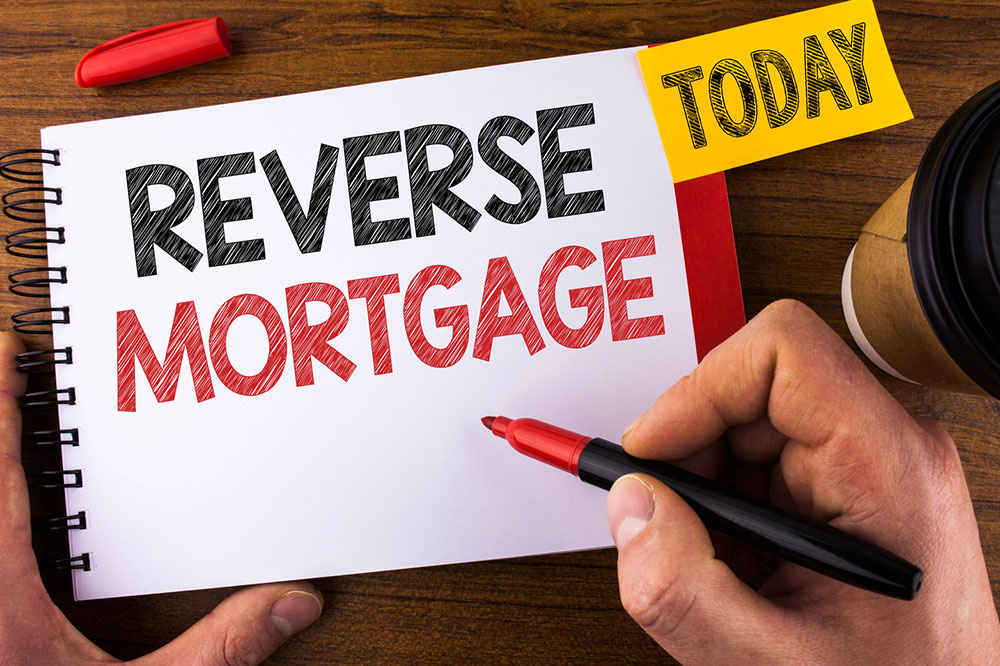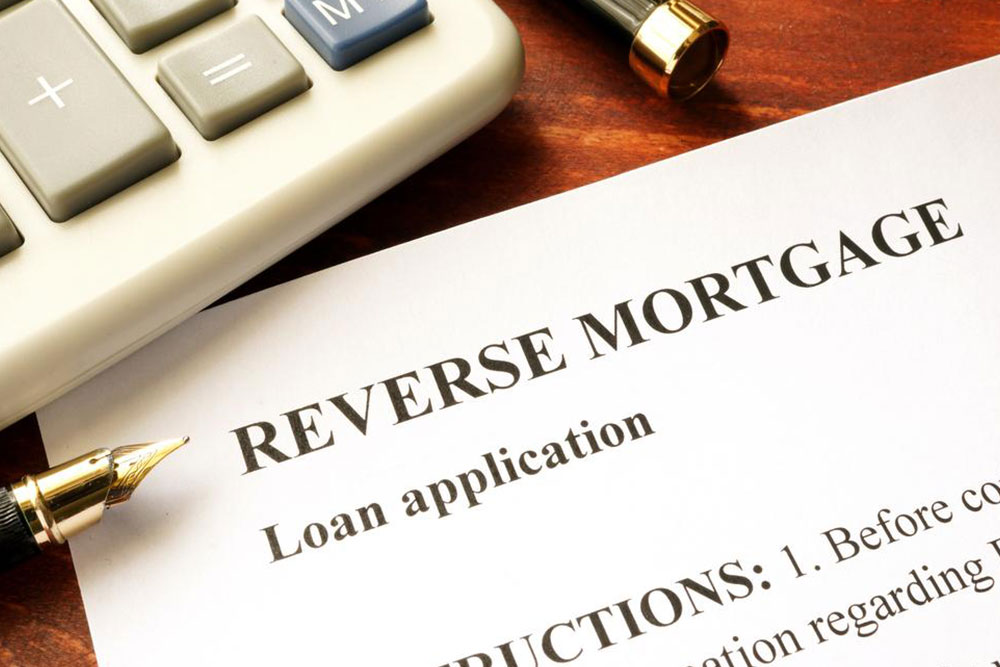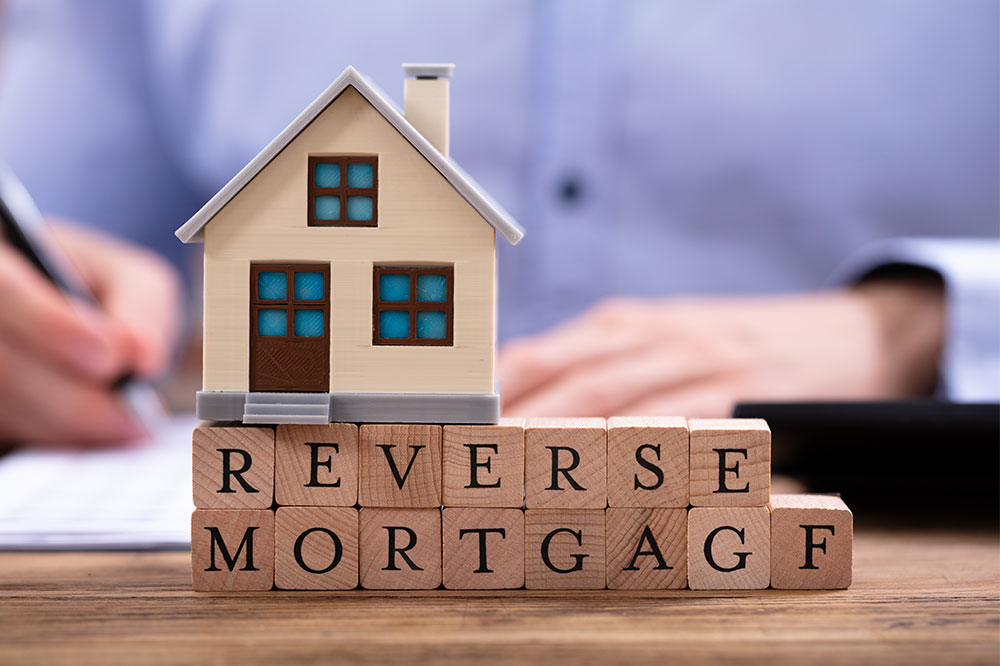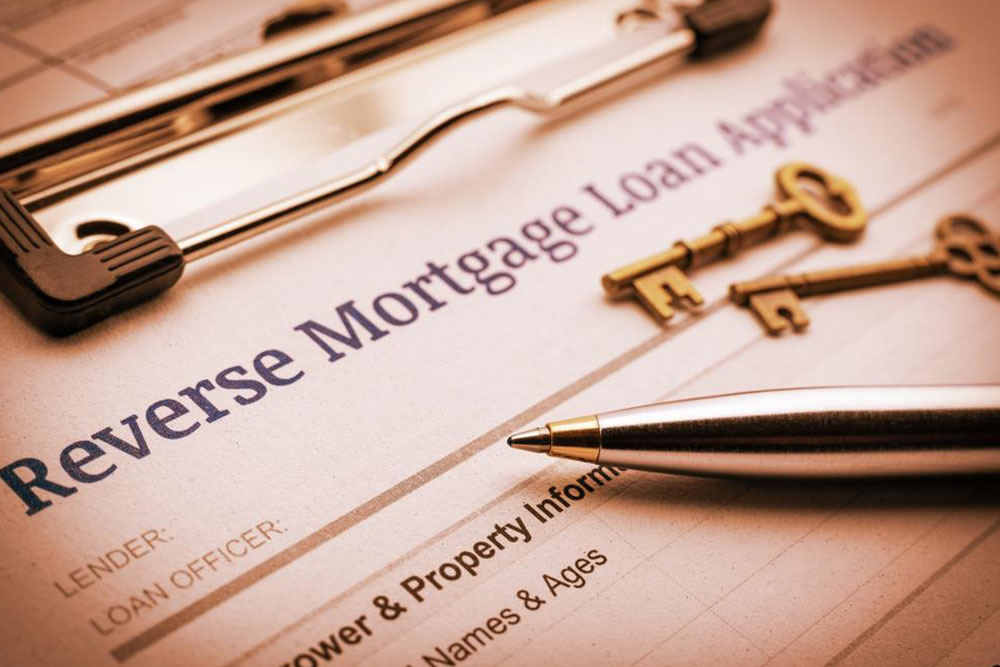Comprehensive Guide to Reverse Mortgage Eligibility Requirements
This comprehensive guide provides detailed insights into reverse mortgage eligibility requirements, including personal qualifications, property standards, financial prerequisites, and mandatory counseling. It aims to assist seniors in understanding the criteria needed to leverage their home equity for retirement support, ensuring informed decision-making and financial security.

Comprehensive Guide to Reverse Mortgage Eligibility Requirements
As many seniors seek ways to leverage their home equity for a more comfortable retirement, reverse mortgages have become an increasingly popular financial tool. This unique financial product allows homeowners, particularly those who have paid off their mortgage or have minimal remaining balance, to convert part of their home’s value into accessible cash. Understanding the eligibility criteria for reverse mortgages is essential for prospective applicants, as these requirements ensure that borrowers can responsibly manage the loan and continue to maintain their property effectively.
In this comprehensive article, we delve deeply into the key eligibility factors for reverse mortgages, covering personal qualifications, property criteria, financial prerequisites, and required counseling. By gaining a clear understanding of these standards, seniors can better prepare themselves and determine whether a reverse mortgage aligns with their financial and personal circumstances.
Let’s explore each eligibility aspect in detail.
Personal Qualifications
Age
One of the fundamental requirements for obtaining a reverse mortgage is that applicants must be at least 62 years old. Age plays a significant role because reverse mortgages are designed to cater to seniors who are nearing or in retirement, providing them with an additional source of income or financial support during their later years. Typically, the older the applicant, the higher the potential loan amount available through the Home Equity Conversion Mortgage (HECM) program, as age correlates with life expectancy and lending risk.
Property Type
To qualify, the property used as collateral must serve as the borrower’s primary residence. This means that the home must be the main dwelling where the applicant lives most of the year. Investment properties, second homes, or vacation homes are not eligible under reverse mortgage guidelines. Maintaining occupancy throughout the loan term is a requirement, ensuring homeowners continue to reside in the property while they benefit from the reverse mortgage.
Investment properties and vacation homes are ineligible for reverse mortgages. Additionally, applicants need to meet home equity and financial standards to qualify. Here are further details on eligibility elements.
Home Equity
Homeowners should either own their homes outright or possess a minimum of 50% equity to qualify for a reverse mortgage. Even if there is an outstanding mortgage, applicants may still be eligible if they can use proceeds from the reverse mortgage to pay off or substantially reduce the existing debt. It’s crucial that all liens or debts against the property are settled before the loan is approved. Remaining funds from the reverse mortgage can then be used for various purposes, including supplementing retirement income, home improvements, or paying off existing debts. For those with some remaining mortgage balance, the reverse mortgage can serve as a powerful refinancing tool to enhance financial flexibility.
Home Equity Variability
While the basic equity requirement is around 50%, individual circumstances can influence this threshold. Younger applicants or those owning the property solely may need to demonstrate higher equity levels, especially if their financial situation warrants it. Utilizing online reverse mortgage calculators can assist homeowners in estimating their eligible loan amounts based on their specific equity and property details.
Counseling
Mandated by the Department of Housing and Urban Development (HUD), counseling ensures that applicants fully understand the implications of taking out a reverse mortgage. HUD-approved counselors provide essential guidance on costs, responsibilities, and potential risks, empowering seniors to make well-informed decisions aligned with their financial goals. This obligatory step helps to prevent misunderstandings or unexpected surprises after loan approval.
Property eligibility criteria are equally important in the reverse mortgage approval process.
All single-family homes are eligible. This includes detached homes and certain multi-family properties with one unit as the primary residence, such as duplexes, triplexes, or fourplexes.
Homes built after June 1976 and compliant with HUD standards are accepted, as older properties meet safety and construction standards suitable for reverse mortgages.
Condominiums and townhomes approved by the Federal Housing Administration (FHA) are eligible, provided they meet all FHA property standards.
Mobile homes, manufactured homes, and multi-family properties exceeding four units are generally excluded from reverse mortgage eligibility due to different valuation and compliance concerns.
The financial requirements are another critical aspect of the application process, ensuring that borrowers can sustain the costs associated with homeownership.
Applicants must demonstrate the ability to cover ongoing property taxes, homeowners insurance, and maintenance expenses. This responsibility is vital to prevent loan default and safeguard the property’s value. Lenders look for financial stability and sufficient income to manage these recurring costs comfortably.
Sources of income considered during the qualification process include:
Employment income, whether from full-time or part-time work
Spouse or other family member contributions
Social Security, Veterans Affairs (VA) benefits, or pension income
Bonuses, overtime, and seasonal work earnings
Interest, dividends, rental income, or other passive income streams
Having reliable and documented income sources assures lenders of the borrower’s capacity to maintain property costs throughout the loan term. It is advisable for prospective applicants to prepare their financial documents and consult with mortgage professionals to verify eligibility before proceeding.





